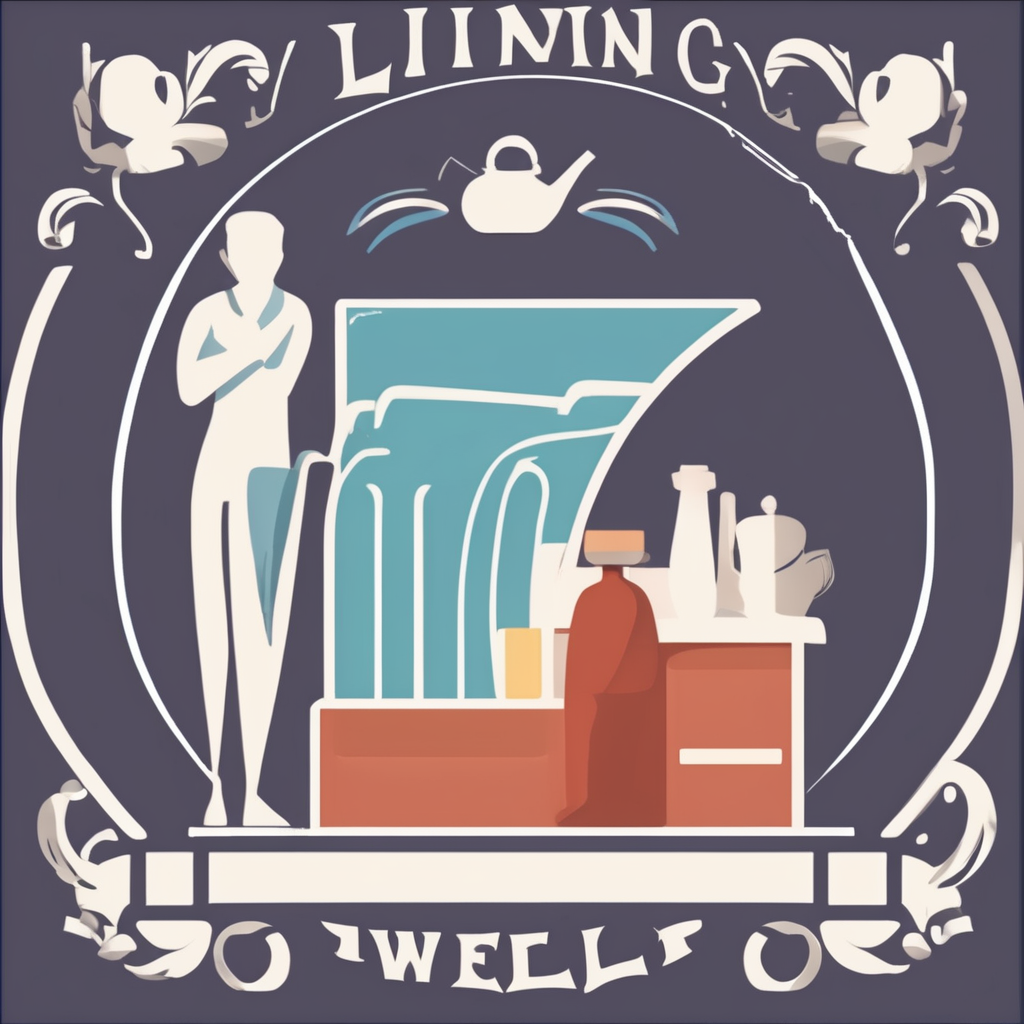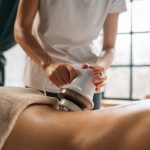Importance of Dental Health for Seniors
Dental health is not just about maintaining a bright smile; it plays a significant role in the overall well-being of seniors. Oral hygiene importance grows with age, as poor oral health can lead to severe health issues. Conditions like gum disease and tooth decay are more common and can severely impact quality of life. Understanding the dental health benefits can guide seniors to take proactive steps toward their care.
As seniors age, their risk for oral health issues increases due to common conditions like dry mouth, root decay, and gum disease. These problems are more than just uncomfortable. They can also lead to systemic health issues such as cardiovascular disease, diabetes, and respiratory illnesses. Hence, senior dental care is not simply about preserving oral function; it’s pivotal for overall health maintenance.
In the same genre : Top Strategies for Integrating Mobile Health Apps into Senior Healthcare for Optimal Care
Furthermore, consistent oral hygiene importance includes regular brushing, flossing, and dental check-ups, which are crucial in preventing complex dental issues. By prioritising these practices, seniors can enhance their health, avoid discomfort, and enjoy a better quality of life. Understanding the implications of neglected dental care reiterates the necessity of maintaining healthy oral habits as we age.
Effective Oral Hygiene Practices
Maintaining an effective oral hygiene routine is essential for everyone, particularly seniors, to ensure a healthy mouth and prevent dental issues. Adopting simple and effective oral care tips can significantly contribute to overall well-being.
Have you seen this : Top Natural Strategies for Seniors to Enhance Their Immune Health
Recommended Brushing Techniques
Proper brushing techniques play a critical role in oral hygiene. It is recommended that seniors use toothbrushes with soft bristles to prevent damage to sensitive gums and tooth enamel. When brushing, angles the brush at 45-degrees to the gums and gently make short, tooth-wide strokes to cover each tooth thoroughly. Doing so helps remove plaque while being gentle on the gums, incorporating into a daily hygiene routine.
Flossing for Seniors
Flossing is another significant aspect to integrate into a daily hygiene routine. Often overlooked, this practice is crucial for removing food particles and plaque between the teeth, which a toothbrush cannot reach. For seniors, using a floss holder or water flosser can make the task easier and more comfortable, ensuring they enjoy the full benefits of flossing.
Importance of Mouthwash
Incorporating mouthwash into your routine can further enhance oral hygiene. Mouthwash reaches areas that are missed during brushing and flossing, thereby reducing bacteria and freshening breath. By doing so, you uphold a more comprehensive approach to maintaining optimal oral health.
Dietary Recommendations for Dental Health
Maintaining excellent dental health goes beyond regular brushing and flossing; it’s also about making wise choices in your diet. Choosing healthy foods can significantly impact oral care by strengthening enamel and reducing decay. Crunchy fruits and vegetables, like apples and carrots, stimulate saliva production, naturally cleansing the teeth and reducing plaque build-up. Dairy products, rich in calcium and phosphorus, help in repairing tooth enamel and maintaining strong teeth.
Hydration is another essential aspect of oral health. Drinking plenty of water helps wash away food particles and dilute acids produced by bacteria in the mouth. Moreover, saliva, a natural defence against tooth decay, is 99% water. Staying hydrated ensures adequate saliva production, preventing dry mouth and subsequent dental issues.
For seniors, nutritional deficiencies can have a pronounced effect on oral health. Insufficient intake of vitamins and minerals, particularly calcium and vitamin D, can lead to dental problems such as gum disease and tooth loss. It’s crucial for seniors to focus on a balanced diet to avoid these potential issues. Incorporating leafy greens, nuts, and lean proteins can support dental health by providing essential nutrients.
Regular Dental Check-ups
For seniors, the frequency of dental visits plays a crucial role in maintaining overall oral health. It is generally recommended that older adults schedule dental visits every six months. However, some individuals might require more frequent appointments due to specific health conditions or a history of dental issues. Meeting the suggested senior dental check-up frequency can help detect potential problems early on.
During a standard dental check-up, you can expect a thorough examination of your teeth and gums, as well as an evaluation of previous treatments. Dentists often use X-rays to identify hidden issues and may perform professional cleanings to remove tartar and plaque buildup. These procedures are essential in maintaining optimal oral health.
The importance of exams cannot be underestimated as they provide an opportunity for preventive care, which is crucial in avoiding serious dental complications. By adhering to regular check-ups, seniors can benefit from early intervention and more straightforward treatments, reducing the risk of severe problems such as tooth loss or gum disease. Ensuring timely dental visits allows for effective management of oral health and contributes to an improved quality of life.
Managing Common Dental Issues
With age, dental challenges such as periodontal disease and tooth sensitivity become prevalent. Effective dental solutions for seniors are essential for maintaining oral health and overall quality of life.
Understanding Gum Disease
Periodontal disease, or gum disease, is a serious concern for seniors. It begins with inflammation of the gums and can progress to affect bone and tissue. Left untreated, it may lead to tooth loss. Regular dental check-ups and proper oral hygiene, such as brushing and flossing, are crucial for prevention. Dentists might recommend professional cleanings and specialised mouthwashes to manage this condition more effectively.
Solutions for Sensitive Teeth
Tooth sensitivity can cause discomfort, especially when consuming hot or cold foods. It commonly results from enamel erosion or gum recession. To alleviate symptoms, seniors can use toothpaste formulated for sensitive teeth and avoid acidic foods and drinks. Dentists may also apply fluoride treatments or sealants for added protection and relief.
Dentures and Oral Care
For seniors using dentures, proper maintenance is paramount. Dentures should be cleaned daily with a soft brush and a non-abrasive cleanser. Proper fit assessment by a dental professional ensures comfort and reduces the risk of sores. Keeping the mouth moist and practising good oral hygiene, like regular rinsing, supports the health of gums and any remaining teeth.
Expert Opinions and Testimonials
Gaining insights from dental health professionals can significantly aid seniors in maintaining optimal oral hygiene. Experts recommend seniors to brush their teeth twice daily with fluoride toothpaste and floss regularly to prevent plaque buildup. Additionally, visiting the dentist every six months is vital for professional cleanings and check-ups, catching potential issues early.
Moreover, real-life testimonials from seniors underscore the benefits of adhering to these practices. For instance, Mrs. Julia Roberts, aged 72, shared how regular visits to her dentist improved her overall oral health. “Following my dentist’s advice, I incorporated an electric toothbrush into my routine. My gums have never felt healthier,” she noted. Such testimonials highlight the practical effectiveness of expert advice.
When it comes to specific recommendations for maintaining oral hygiene, professionals also stress the importance of a balanced diet rich in vitamins and minerals, which are crucial in promoting healthy teeth and gums. Incorporating plenty of fruits, vegetables, and dairy can contribute to enhanced dental health.
Listening to both expert advice and peer experiences can guide seniors towards better oral care habits, ensuring a healthier and more comfortable lifestyle as they age.
Visual Aids and Infographics for Understanding
Visual aids have become a crucial tool in grasping dental health practices, especially for seniors. As visual learning often simplifies complex information, it enhances comprehension. Infographics for seniors effectively illustrate various dental procedures and routines, making it easier to follow best practices.
Dental health illustrations are incredibly valuable. For instance, step-by-step diagrams showing proper brushing or flossing techniques can guide users in their daily dental care. The use of labelled illustrations detailing tooth anatomy or common dental conditions not only educates but also empowers seniors to take control of their dental health.
There are numerous resources available for seniors keen on improving their dental health visually. Some platforms offer downloadable infographics tailored to seniors, featuring large fonts and clear visuals for easy understanding. Dental clinics and senior health organisations often provide brochures with detailed diagrams that explain preventive measures and highlight the importance of routine dental visits.
By adopting these visual aids, seniors can enjoy a more engaging learning experience, promoting healthier dental habits and ultimately enhancing their overall dental well-being. These tools not only foster independence but also encourage proactive health management.











